Research, News & Discoveries
-
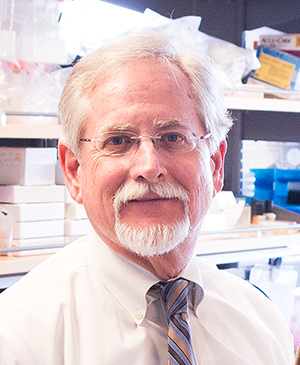
Post-transplant diabetes may be reversible: study
Post-transplantation diabetes mellitus (PTDM), a common complication of immunosuppressive drugs that are given to prevent transplant rejection, may be reversible and at least partially preventable, researchers at Vanderbilt University Medical Center report. “We hope these findings can be translated into clinical research as these results suggest ways that diabetes associated… Read MoreFeb. 21, 2020
-
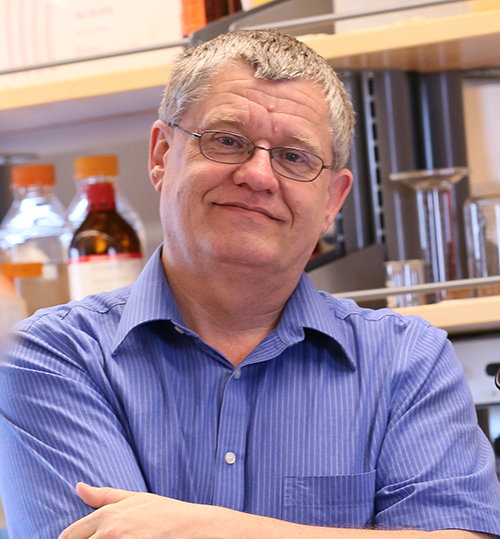
Transporter mutation alters cell energy
The cotransporter NKCC1 moves sodium, potassium and chloride ions across the cell membrane and has roles regulating cell volume, epithelial transport and neuronal excitability. Eric Delpire, PhD, and colleagues recently discovered that a patient suffering from multiorgan failure had a mutation in… Read MoreFeb. 21, 2020
-

Awards honor research staff’s crucial contributions
Laboratory and administrative personnel at Vanderbilt University Medical Center were honored last week for research excellence during the 16th annual Research Staff Awards luncheon at the Kimpton Aertson Hotel in Nashville. Schaffer, an expert in a wide range of microscopy modalities, is an essential part of the CISR and collaborates… Read MoreFeb. 21, 2020
-

Pancreatic islet cells distinct in mice and humans
By Cassandra Awgulewitsch https://cdn.vanderbilt.edu/t2-main/medschool-prd/wp-content/uploads/sites/101/2020/02/SteinDiabetes.mp4 Researchers in the lab of Roland Stein (Molecular Physiology & Biophysics), along with collaborators at UCSF, NC State, and UPenn, have shown distinct changes in human pancreatic islet cells throughout the course of life and the progression of type 2 diabetes. They also discovered… Read MoreFeb. 19, 2020
-
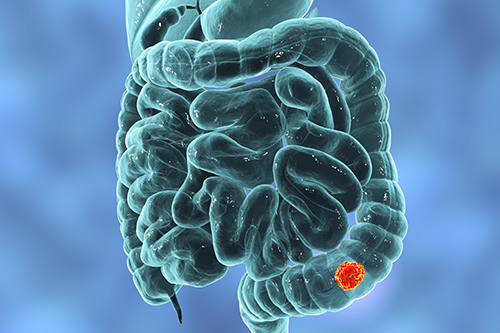
The tale of the targeted mouse
By Sarah Glass https://cdn.vanderbilt.edu/t2-main/medschool-prd/wp-content/uploads/sites/101/2020/02/Coffey_Updated.mp4 3D illustration of colorectal cancer. Kateryna_Kon, stock.adobe.com. Researchers from the labs of Robert Coffey (Medicine) and Jacob Houghton (Radiology and Radiological Sciences) report in Gastroenterology the identification of two human antibodies, P1X and P2X, that can neutralize EGFR in mice. EGFR,… Read MoreFeb. 13, 2020
-

A master cellular conductor
https://cdn.vanderbilt.edu/t2-main/medschool-prd/wp-content/uploads/sites/101/2020/02/Jackson_updated.2-1.mp4 This article was submitted by the senior author of the featured paper, Lauren P. Jackson. Cryo-EM image of retromer chain assembly. Courtesy of Amy K. Kendall Human cells contain a “FedEx system” to ensure that important protein and fatty lipid cargo molecules are delivered to the right… Read MoreFeb. 12, 2020
-
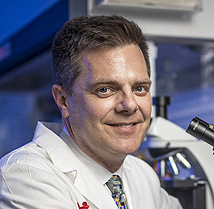
Antibody mixture may help block Ebola virus infection
Feb. 6, 2020, 10:28 AM by Bill Snyder A research team led by scientists at Vanderbilt University Medical Center has developed an antibody mixture that in animals is highly effective in blocking infection by the Ebola virus. Reporting in the journal Immunity, these findings “could aid in the design… Read MoreFeb. 6, 2020
-
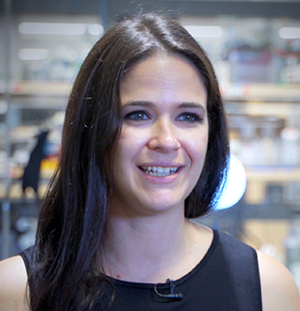
Conn, Calipari to receive major pharmacology awards
Feb. 6, 2020, 10:24 AM by Bill Snyder Two Vanderbilt University pharmacologists have won prestigious awards from the American Society for Pharmacology and Experimental Therapeutics (ASPET). Jeffrey Conn, PhD Jeffrey Conn, PhD, founding director of the Vanderbilt Center for Neuroscience Drug Discovery, has won the society’s 2020 Julius… Read MoreFeb. 6, 2020
-

Team tracks integrin’s role in lung function
Feb. 6, 2020, 10:10 AM Researchers Timothy Blackwell, MD, left, Erin Plosa, MD, Roy Zent, MD, PhD, and colleagues are studying beta-1 integrin’s role in normal lung function. (photo by Susan Urmy) by Bill Snyder Beta-1 integrin, a critical component of epithelial extracellular matrix receptors, is essential for normal lung… Read MoreFeb. 6, 2020
-

Setting up DNA repair
By Alexandria Oviatt DNA repair pathways such as NER have the integral role of protecting us from potentially damaging mutations. Defects in these mechanisms can lead to diseases such as XP or cancers. (Gernot Krautberger, stock.adobe.com) A recent Nucleic Acids Research paper from the lab of Walter… Read MoreFeb. 6, 2020